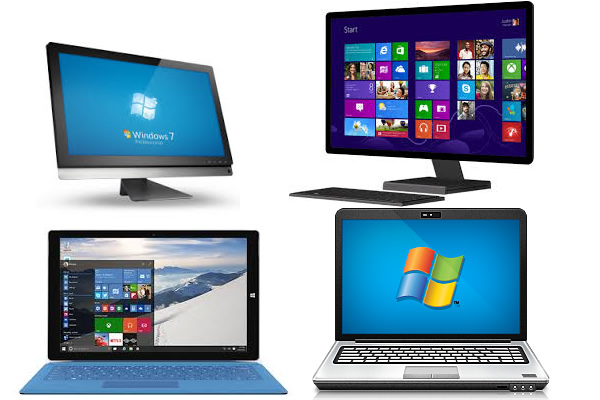GSMA Reports 71% of Nigerians Lack Regular Access to Mobile Internet
The Groupe Special Mobile Association (GSMA) has released a comprehensive report shedding light on Nigeria’s digital connectivity landscape, revealing that only 29% of Nigerians have regular access to mobile internet services, leaving 71% without consistent connectivity.
The report, titled the Digital Economy Report, underscores the critical importance of addressing industry challenges to expand telecom coverage in Nigeria.
According to GSMA, achieving the full potential of Nigeria’s digital transformation necessitates an enabling policy and regulatory framework, as outlined in the country’s Strategic Plan 2023 – 2027 and the National Broadband Alliance for Nigeria (NBAN) by the Federal Ministry of Communication.
GSMA emphasizes that universal access to digital connectivity is paramount for broader digital transformation of the Nigerian economy.
With the right policies in place, GSMA estimates that Nigeria could add 15 million internet users by 2028.However, the report identifies several challenges hindering infrastructure deployment, including the complex process of securing Rights of Way (RoW) and the burdensome tax environment.
Increased costs, driven by factors such as fuel price hikes and forex demands, pose obstacles to sustainable investment in the sector.In response to these challenges, GSMA recommends initiatives to support policymakers, including implementing a legal framework for Critical National Infrastructure, simplifying the process for issuing RoW, reducing the industry’s tax burden, and creating a regulatory environment conducive to sustainable investment.
Angela Wamola, Head of Sub-Saharan Africa at GSMA, highlights the pivotal role of high-speed connectivity in Nigeria’s digital development, emphasizing the need for policies that reduce infrastructure costs and encourage investment, which could lead to significant economic growth and job creation.
The release of the GSMA report coincides with ongoing discussions regarding Nigerian telecom operators’ demand for a tariff increase.
While operators argue for tariff adjustments to address industry challenges, the government, represented by Minister of Communications Innovations and Digital Economy, Bosun Tijani, emphasizes the need for comprehensive solutions beyond tariff adjustments to create a conducive business environment for investors.
As Nigeria navigates its digital future, the insights provided by the GSMA report underscore the importance of collaborative efforts between industry stakeholders and policymakers to overcome challenges and realize the country’s digital potential.
















